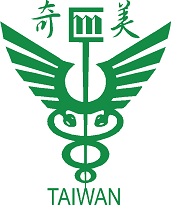Wei-Fan CHIANG
ChiefDepartment of Oral & Maxillofacial SurgeryChi Mei Medical Center, Liouying, Taiwan
Abstract

25 %–60 % of oral squamous cell carcinoma patients faced tumor recurrence after definite treatment. Although systemic anti-cancer modalities continue to grow in parallel with innovations, surgery is considered the best curative choice in recurrent squamous cell carcinoma of the oral cavity (R-SCCOC). Long-term failure rates are high among those who are candidates for surgical salvage. Given the potential negative impact of salvage surgery on quality of life—particularly in unsuccessful interventions—the decision to operate must be weighed carefully. The identification of patients who can benefit the most from this treatment is challenging. The decision parameters of surgical intervention had been proposed, such as initial stage, primary treatment, and disease-free interval, type of recurrence, performance status, and clinical stage of recurrent tumor. Furthermore, several poor prognostic factors such as resection margins status, extranodal extension, and post-surgery complications can be useful to tailor the therapeutic planning after surgery. In the present retrospective study that evaluated 211 R-SCCOC patients treated at our institution from 2009 to 2020, we tried to determine the clinic-pathological factors associated with disease recurrence and successful salvage surgery. In conclusion, salvage surgery should be performed when the possibility of success is high as survival rates in patients who achieve successful salvage and quality of life are similar to those observed in non-recurrent cases.

